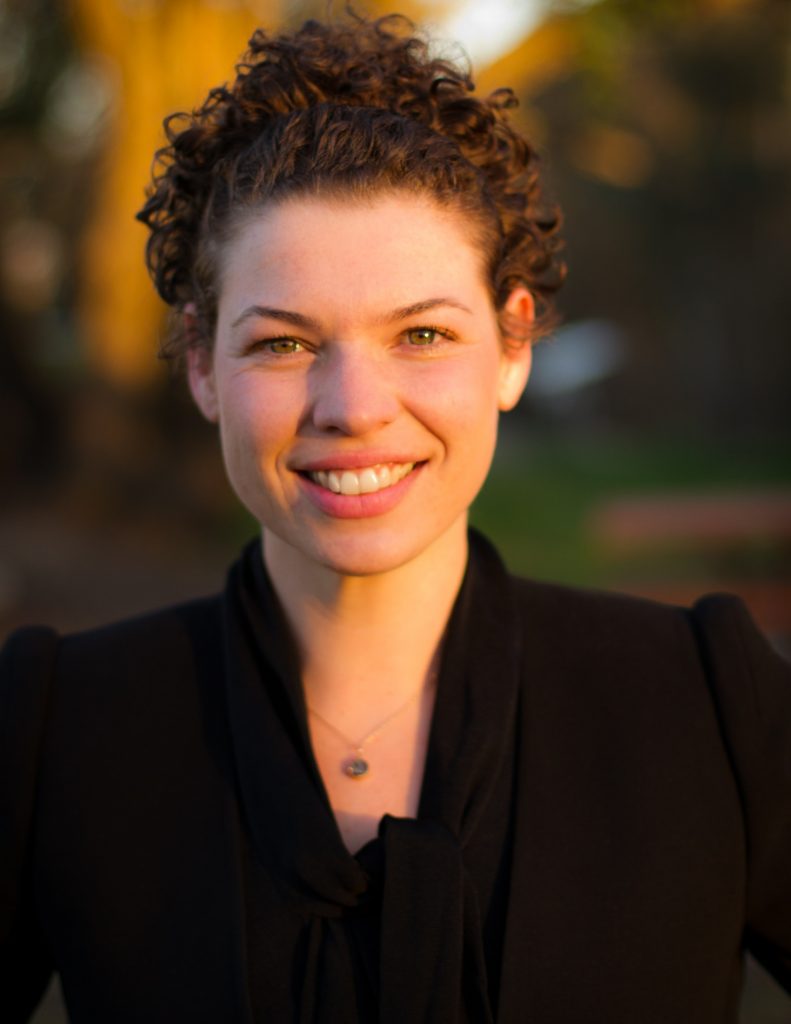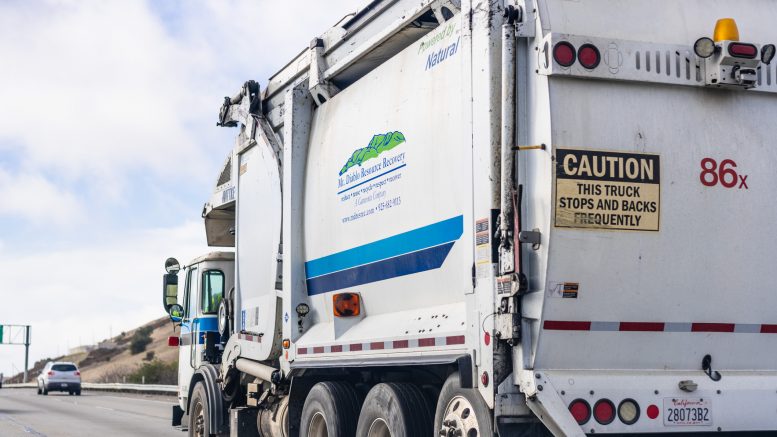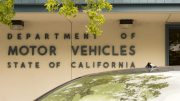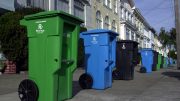In our continuing series on the roll-out of SB 1383, which aims to reduce the amount of organic waste—primarily uneaten food—to landfills by 75% and recover 20% more edible food for hungry Californians—we decided to get the haulers’ side of the story. What will this change mean for the people and companies in charge of emptying our bins every week?
Veronica Pardo, regulatory affairs director for the Resource Recovery Coalition of California weighs in.

Resource Recovery Coalition of California
When the rubber hits the road, or when the organic waste hits the cans, the independent hauler will have to implement SB 1383. What do you think their major challenges will be?
One of the greatest challenges is whether infrastructure exists where haulers can take organic waste to be processed and turned into beneficial organic waste products, like compost or renewable fuel.
After decades of experience, local haulers have seen it all and can find a way to collect municipal solid waste safely and bring it to an appropriate facility. Unfortunately, if the closest facility is hundreds of miles away, that means hauling material very long distances, which is cost-prohibitive and increases transportation emissions. From a circular economy perspective, more facilities should be developed to manage material and reuse organic waste products within the local community. But this development will take time and substantial capital, which many communities do not have right now. More state funding would help significantly to support this critical infrastructure development.
California is a very diverse state, with rural and urban areas, farming and non-farming areas. You work with independent haulers up and down the state. Do you think that 1383 regulations should be adjusted for the different community needs?
Because of California’s unique geography, size and local resource needs, we need to approach local development more holistically.
For example, a large compost facility in the middle of a densely populated urban environment may not be as suitable as an anaerobic digestion facility that can provide local renewable fuel or energy. Alternately, if you are located near farmland, like in the Central Valley, a compost facility may be a more appropriate option that can also return organic material to the soil and support soil water retention. Or perhaps you have a local wastewater treatment plant that can take food material in their digester, but green waste must still be composted. There are many ways for communities to manage organic waste, but all take planning and development.
“What is incredible about the members of the Resource Recovery Coalition of California is that many of them have been diverting organic waste long before the passage of SB 1383.”
Veronica Pardo, regulatory affairs director
Resource Recovery Coalition of California
At the end of the day, I believe CalRecycle will dedicate enforcement efforts to the most egregious offenders and jurisdictions should be making every effort to meet SB 1383 regulations.
Besides the incredible cost of developing infrastructure for the processing of organic waste, the air resources board is trying to implement moving to electric vehicles. Can you talk about the impact this will have on local haulers and on SB 1383?
The California Air Resources Board Advanced Clean Fleets rule-making will require certain private and public fleets of heavy-duty vehicles to purchase zero-emission trucks as early as January 1, 2024.
While admirable, California’s electrical grid is not prepared to charge large fleets. One electric garbage truck charge is equivalent to the daily energy use of 30 homes. These trucks also lose about 7,000 lbs. of payload capacity and can drive no more than 100 miles per charge. Though technology is improving, today’s electric garbage truck costs nearly twice as much and can only perform half the work of a conventional truck.
(The Resources Board) should not be ignoring the opportunity for fleets to purchase near-zero-emission vehicles and to fuel with in-state renewable natural gas derived from organic waste, which drastically reduces near-term greenhouse gas emissions, is aligned with the policy goals of SB 1383, and is more cost-effective for California. We are part of a broad coalition working to incorporate these changes into the developing Clean Fleets rule-making, which will go before the board this October.
Some haulers are already working on implementing SB 1383; can you highlight some of the successful, innovative programs?
What is incredible about the members of the Resource Recovery Coalition of California is that many of them have been diverting organic waste long before the passage of SB 1383.
There are countless beacons of the industry, like the late Bob Pestoni who created a system in the ’80s for processing wine grape pomace into certified organic compost that led to recognition from National Geographic and the state of California.
But I also think back to the early scavengers of San Francisco, who gathered refuse and repurposed whatever could be salvaged, essentially creating our current recycling industry.
Today, our members are actively implementing SB 1383 in a multitude of ways, including: producing certified organic compost for use on California’s farms, supporting anaerobic digesting facilities that produce “net negative” fuel and renewable electricity, and turning food scraps into animal feed. You can find out more about our work at www.resourcecoalition.org.
And OK, just for fun: cake, pie or ice cream?
Pie.
Dog or cat person?
My daughter says we are cat people.
Mountains or beach?
Mountain lake, best of both worlds.






Be the first to comment on "Veronica Pardo of the Resource Recovery Coalition of California gives a haulers’ perspective on implementing the organic waste bill"